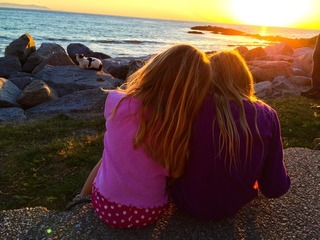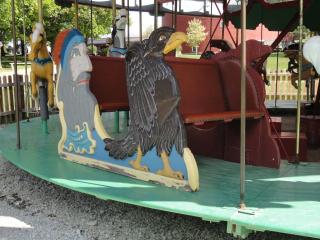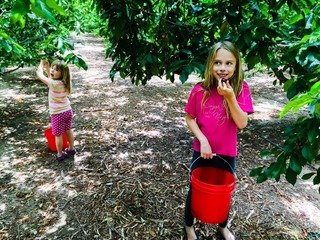When people first come to unschooling, when they want to be unschoolers, they're basing this on something they read that resonated, or someone they met that they'd like to be more like, which is the way I came to it, but I don't think it will really stick, and be solid in that family or in that person's way of being—in their behaviors and their thoughts—until they see that in their own children.
Until you're doing it not because you
think it will work, or because you've
heard it will work, or
read it will work, but because you've
seen it work.
. . . .Until people get to that point in unschooling, they could relapse. They could easily forget that they wanted their kids to be more like someone else's kids.
But once they get to the point where their confidence in unschooling is not faith in other people, but certain knowledge, direct experience of their own children learning and being at peace, and of the parents learning to see the natural learning that happens when kids just draw for hours, or just play video games for hours, or ride their bike, or play with the dog—when they start seeing those things as equal in learning value, to things that look academic, then it's hard to relapse from certain knowledge.
20:45 in the sound recording of the interview at this link
photo by Emma Marie Forde
__
P.S. By the time you get to that point, you probably won't want your kids to be different, but the comparisons are normal before deschooling, and can fade as unschooling ideas permeate and pervade.












